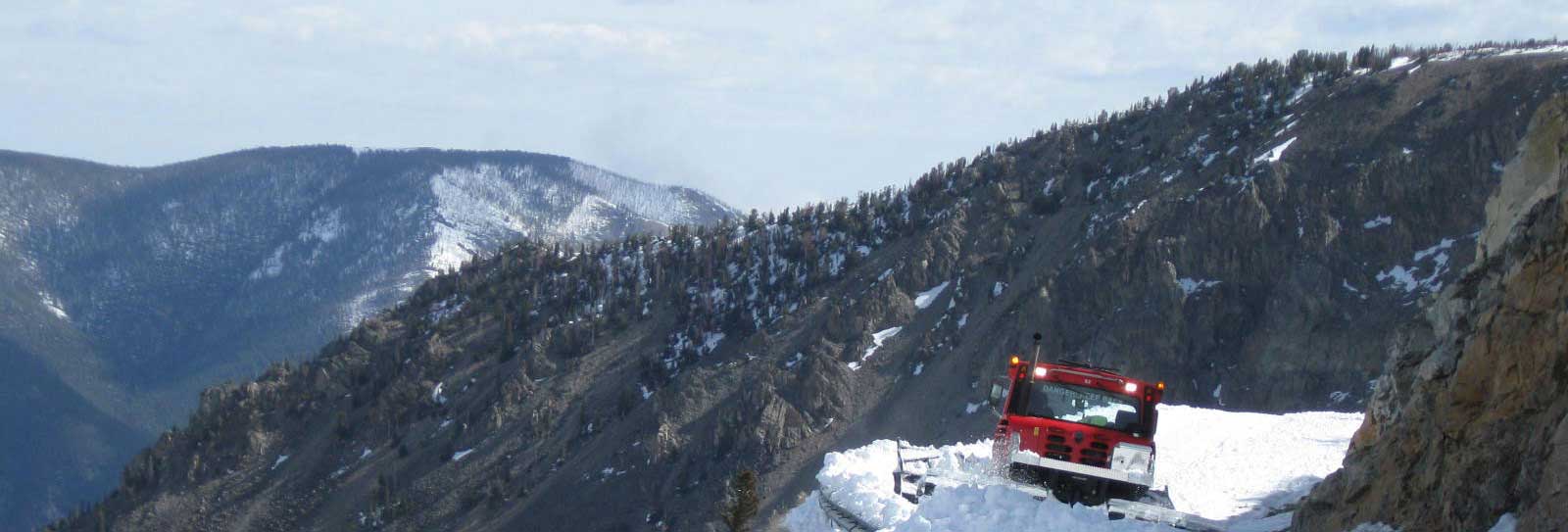MDT's Rail, Transit and Planning Division provides a broad range of multimodal planning, program, and data collection and analysis functions that support MDT's efforts to plan for and manage Montana's multimodal transportation system.
The Division includes:
- Data & Statistics Bureau
- The primary responsibilities of this bureau consist of collecting, processing, analyzing and reporting general highway-related transportation data in Montana.
- Planning & Policy Analysis Bureau
- The Planning and Policy Analysis Bureau provides a wide range of research, analysis, and reporting functions in support of the Montana congressional delegation, Governor's Office, and state legislative goals including funding initiatives and key legislation. Bureau responsibilities also include development review, safety planning, statewide and urban planning and program administration.
- Multimodal Programs Bureau
- Responsibilities include state rail and transit programs; air quality planning and programs; tourism, economics related to highways, trade corridors, and freight planning and programs; bicycle and pedestrian planning; publications and public outreach; and development of special studies and research products.
- Project Analysis
- Responsibilities include the Performance Programming Process, which ensures MDT makes the best investment decisions based on overall direction from our customers, available resources, and system performance. Project Analysis is also responsible for preparing the Statewide Transportation Improvement Program, which identifies all transportation-related capital and operating projects Montana expects to implement or build in the next five fiscal years.
- Environmental Services Bureau
- This bureau ensures environmental excellence and compliance with all laws, rules, regulations, policies, orders, and agreements. Impacts of transportation construction and maintenance activities on natural, social, and economic resources are identified and evaluated including those pertaining to fish, wildlife, vegetation, wetlands, water quality, historic, cultural, archaeological, paleontological, hazardous and solid waste, erosion control, air quality, noise, visual, social, and economic.
Career positions within this division include:
- Planners
- Data Managers/Analysts
- Cartographers
- Economists
- Engineers
- Environmental Disciplines
